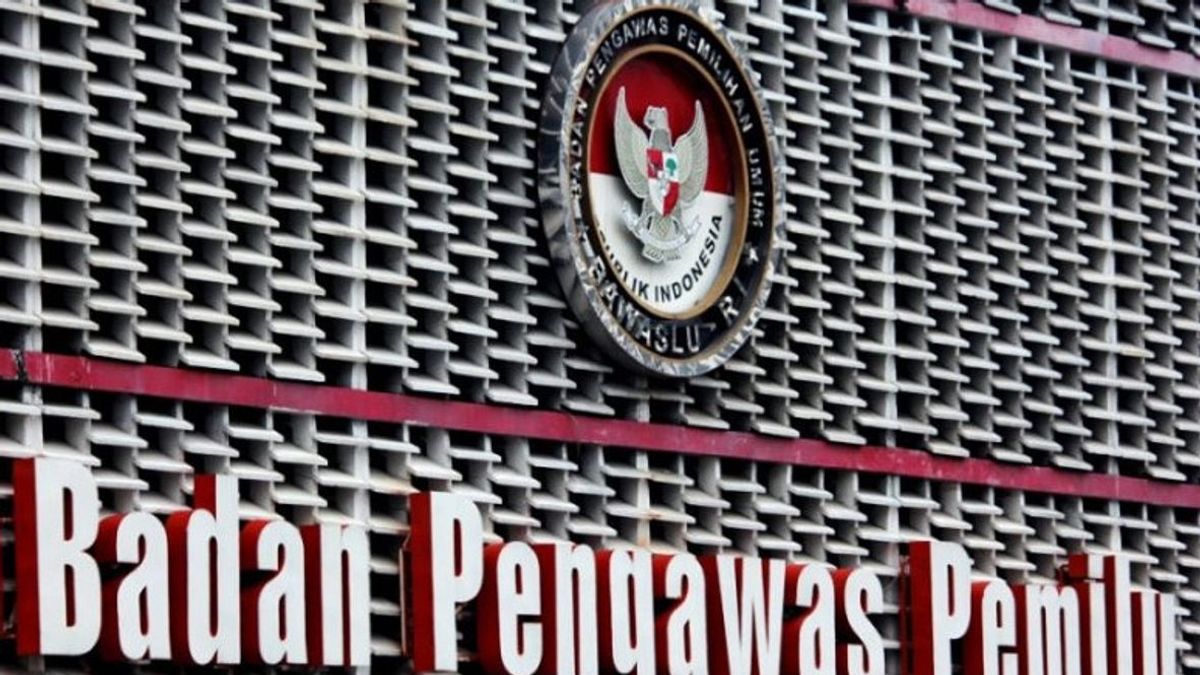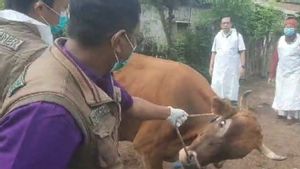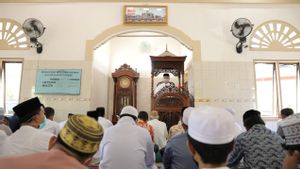Chairman of the Election Supervisory Agency (Bawaslu) Rahmat Bagja called fake news or hoaxes a vulnerable point in general elections (elections) unavoidable in the current era of digitalization.
"Hoaxes or fake news are variables of vulnerable points in elections and elections that are unavoidable in today's digitalization period," said Bagja as quoted by ANTARA, Saturday, August 12.
Bagja said the main impact of hoaxes was the emergence of polarization in the community, as happened in the 2019 election. In addition, if hoaxes cannot be handled, it can also reduce the credibility and integrity of election administration, which will result in decreasing election quality and damaging voter rationality.
Including, he continued, causing social conflict, hate speech and propaganda, as well as growing national disintegration. "Then the fifth, become an example of other elections at various levels so that it will then become a problem at all electoral levels," he said.
Based on data from the Ministry of Communication and Information (Kemenkominfo), it was explained that there were 9,814 hoax issues in all categories from August 2018 to April 2022. Meanwhile, 922 hoax issues were found in the 2019 Election series, with 557 of them found in March to May 2019 which was the peak of the election.
As for the 2020 Pilkada, he added, 65 hoax issues were found. Then disseminated to ministries and community institutions 65, then the total distribution was 1,004, then those proposed to be taken down 393, "he explained.
In addition to hoax issues, Bagja said that other challenges that became vulnerable points in the 2023 Simultaneous Elections were SARA politicization; money politics and budget abuse; violation of ASN neutrality, TNI/Polri, and village heads; as well as data and updating of voter data; to the complexity of voting or vote counting and obtaining results.
He said the challenge of election supervision in the expansion of the new autonomous region (DOB), namely recruitment which is currently being carried out by the KPU and Bawaslu, changes in regulations at the KPU and Bawaslu levels, as well as rearrangement of electoral districts and allocation of seats.
"(Then) population administration; additional budget; nomination of members of the DPR, provincial DPRD and district/city DPRD and nomination of regional heads; and strengthening inter-suku polarization in Papua, this is specifically for the DOB; then the high conflict of interest in the position of executor of the task," he said.
The English, Chinese, Japanese, Arabic, and French versions are automatically generated by the AI. So there may still be inaccuracies in translating, please always see Indonesian as our main language. (system supported by DigitalSiber.id)













